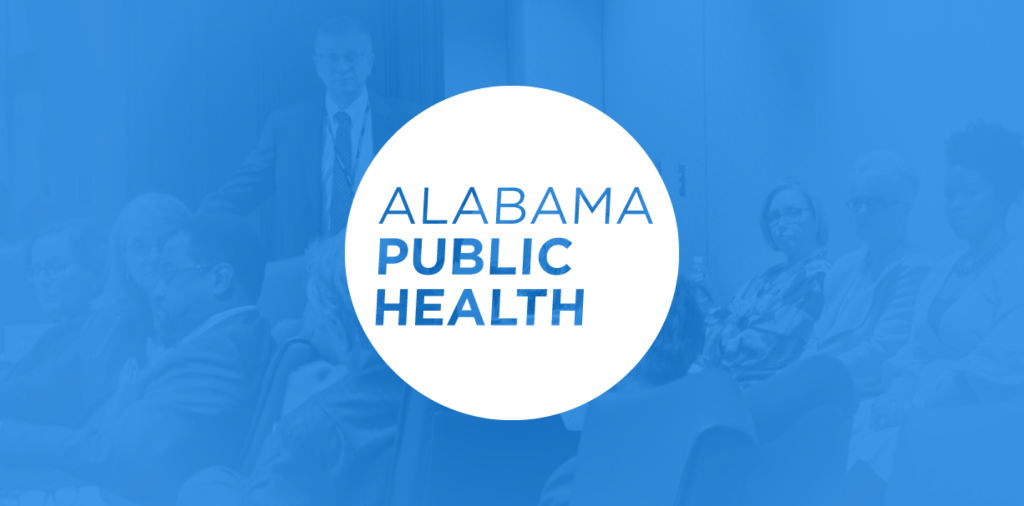MONTGOMERY — Alabama State Health Officer Dr. Scott Harris held a media briefing on Thursday, where he detailed what citizens can expect from the upcoming COVID-19 vaccine distribution process.
Harris, who serves as the head of the Alabama Department of Public Health (ADPH), said that the first doses of a coronavirus vaccine are likely to be given out in Alabama “by the end of the year.”
According to Harris, the federal government is allowing each state to formulate their own plan for how they will distribute their allotted doses of the vaccine, and Alabama has been working hard on it since the spring.
ADPH is submitting its official plan, which Harris called “a very technical document,” to the CDC this week and expects to hear back around 10 days later.
Harris said that ADPH is working with healthcare providers across the state on a distribution plan.
Per Nakema Moss of ADPH, 2,677 providers have already signed up to the vaccine distribution network, and registration opens on October 16 for more to join. An example of a provider would be a pharmacy or the office of a general practitioner.
“I don’t think there is any question the vaccine will be a scarce resource,” Harris remarked about the time when doses are first available.
Healthcare workers, and those whose age or comorbidities make them especially vulnerable to dying from COVID-19, will be the top priorities for the first doses.
Other highly prioritized groups for receiving the vaccine will be first responders, those who work on critical infrastructure, and any employee whose job requires regular congregation.
Dr. Karen Landers, one of Harris’ deputies at ADPH, was present for the briefing and said the department was aiming to be “equitable, fair and appropriate” in its distribution of a vaccine.
The public can expect a gap of months, up to half a year, between when the first doses are received by priority groups and when an individual can go get the vaccine with no wait, per ADPH.
Any coronavirus vaccine will be provided free of charge, and the status of a person’s medical insurance will not affect when they receive their dose, according to Harris.
Alabama’s health officer remarked several times that a lot was still up in the air when it comes to how the vaccine can be distributed.
He cited that of the four vaccine candidates in phase three clinical trials, some were having more doses manufactured than others, so at the current moment, he cannot predict how many doses Alabama or any other state will receive.
Another complication Harris cited is that he expects there to be “multiple vaccine products available at the same time” this winter, adding that the number could be as many as six or seven by early 2021.
“They will not be interchangeable,” warned Harris about the upcoming vaccines.
The makeup of the citizens in each vaccine trial is different from the others, according to Harris, so one vaccine may be proven to be more effective for a certain group of people/type of person.
Additionally, some of those vaccines require different temperatures for storage, making necessary certain calculations for which providers can feasibly store certain vaccines.
Crucial to Alabama’s vaccine efforts will be ADPH’s Immunization Patient Registry with Integrated Technology (ImmPRINT), a registry of who in the state has taken which vaccines.
ImmPRINT will help providers keep track of which vaccine was taken by which patient.
Harris said that three of the four leading vaccine candidates currently in trials require two shots: an initial injection and then a second dose within 28 days. The fourth, from the company Johnson & Johnson, requires only one dose.
ADPH says it will ramp up its education on the benefits of vaccines around the time they learn of the shipment date of the first batch.
“Clearly, we have to reach a lot of people,” Harris said about the upcoming education efforts. ADPH will put a strong focus on communicating with black Alabamians, who make up 25% of the state’s population but 40% of its COVID-19 deaths, according to Harris.
Universities and public schools will be within their authority to require students to take the vaccine, but he said ADPH and the state government do not have the authority to require the public at large to get vaccinated.
Alabama’s COVID-19 numbers are currently “at a plateau” and have been for more than a month, according to Harris.
“The first day the first vaccine comes to Alabama is not the time to stop doing everything else we’ve been doing. Most people aren’t going to be eligible to receive the vaccine, or have access to the vaccine for quite some time,” the doctor cautioned.
Henry Thornton is a staff writer for Yellowhammer News. You can contact him by email: [email protected] or on Twitter @HenryThornton95













